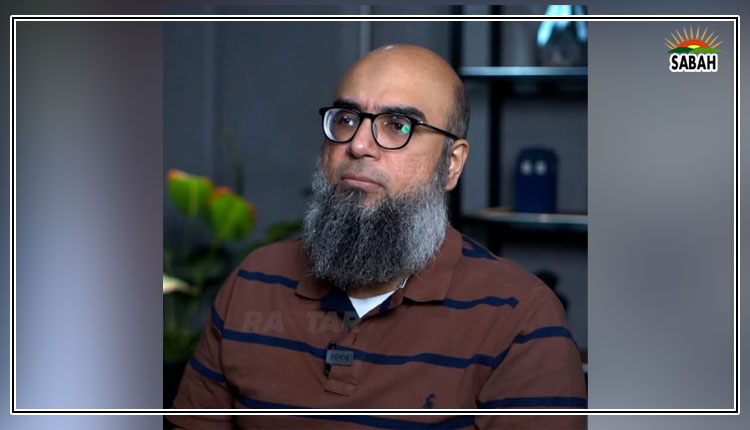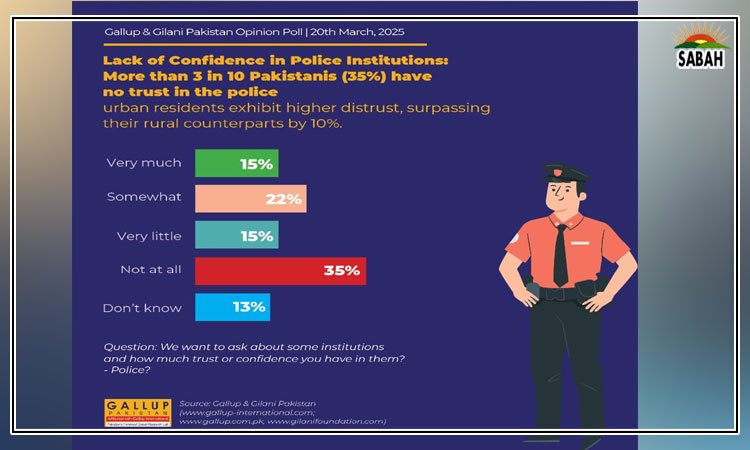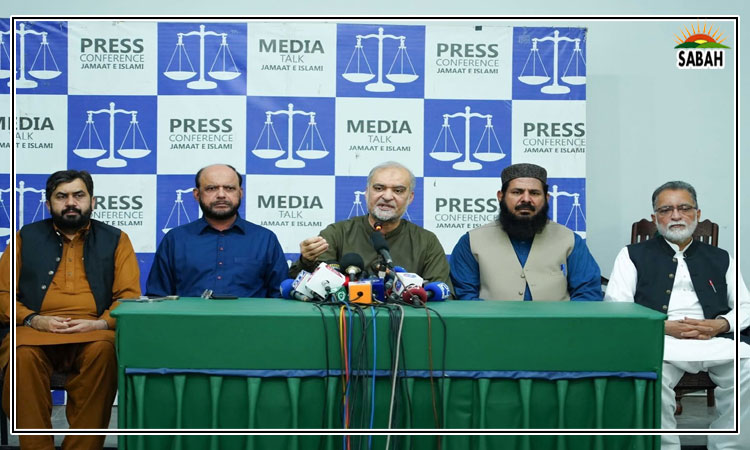Campus protests…Huma Yusuf
THE world has been watching as police storm US university campuses to arrest pro-Palestine supporters. This is an uncomfortable escalation of mounting surveillance and censorship at campuses after months of a growing crackdown: cancellations of poetry readings and talks, social media campaigns against students and faculty, dismissals of university presidents, suspension of pro-Palestine student groups.
The mass arrests of students and clearing of encampments has ignited calls for another free speech movement on US campuses, akin to the one in the 1950s against the excesses of McCarthyism. Calls to defend the right of students to protest are mounting globally, and recalling how such activism in the past helped ensure just outcomes ranging from the Vietnam War to South African apartheid. But nothing is ever so straightforward.
Free speech and pro-democracy advocates should worry about the way in which this is playing out. It is not a given that a wider student movement is brewing the summer break is imminent and it is unclear whether the students can sustain the momentum.
The clampdown also shows how easily peaceful protest can be re-construed as disruption, hate speech, and the threat of violence (in a recent op-ed, an anti-protest Columbia University professor framed persistent drumming as a form of violence). Where such precedent is established, more clampdowns will follow and not just on American campuses. Authoritarians everywhere are taking lessons from the US on how effectively to shut down critical voices. Start small, capture the narrative, distort and weaponise the oppositions words, then send out law enforcement. This is why the challenges of students at elite US university campuses are relevant beyond the context of Gaza.
One key success is the local relevance of the protests.
The images of mass student arrests are inspiring romanticised paeans to Gen Z, pointing out that a generation that was being written off as ill-informed and apolitical is in fact ready to fight for justice. Rather than indulge in complacency, activists everywhere should focus on what is working, and what is not.
One key success is the local relevance of the protests. Rather than broadly campaign for an Israeli ceasefire or the two-state solution, students are making specific demands of their universities: to divest from companies that are providing weapons to the Israeli army and those that profit from the war. They have also framed their demands in the context of increased transparency.
Protesters are also informed about their First Amendment rights and the legality (or not) of various protest tactics. They are well networked across the country, and supported by legal rights groups. Where protesters have been targeted with charges of antisemitism and disruption, there is an accompanying debate about their interpretation of the law.
While the protesters were right to build on the momentum of anti-fossil fuel campaigning, which has invited wider participation, there is some danger that these protests become all-inclusive: in some universities, there are also demands to cut ties with Israeli institutions or end scientific research that could support the manufacture of weapons that could be used to perpetrate genocide. At Columbia University, protesters have also made demands about low-income housing in the nearby Harlem neighbourhood and called for the university to review its relationship with the New York Police Department. While this diversity of demands will sustain a culture of campus activism, it risks dilution of the present cause.
The extent to which students are informed also varies greatly. The history of certain slogans and images being used, for example, is poorly understood, and so has resulted in protesters being accused of antisemitism. In a university setting, protest should not just be about opposition, but also education. The growing toxicity of anti-protest stances means there are dwindling opportunities for learning and dialogue.
Over recent days, my social media feeds increasingly feature young voices from Pakistan wondering whether they should launch pro-Palestine protests and not just leave such activism to the goras. This is the wrong approach. Activism works when it is rooted in a local context and driven by specific demands. Pakistan has a powerful history of student activism, from the protests against Ayub Khans dictatorship to the more recent Student Solidarity Movement demanding student unions and an end to student harassment. The recent bill supporting students unions and Quaid-i-Azam Universitys decision to allow such groups means Pakistan too is at the cusp of a revival of student activism. Let campus protest movements thrive, but let them do so in the spirit of justice, knowledge and positive change.
Courtesy Dawn












